Approximately 1,000 people from different countries around the world gathered at the Global Neuropsychology Congress.
An international congress organized by various neuropsychology societies from around the world, namely, the Australasian Society of the Study of Brain Impairment (ASSBI), the Federation of European Societies of Neuropsychology (FESN), the International Neuropsychological Society (INS) and the Latin American Society of Neuropsychology (SLAN). The aim was to bring together members of these societies and many other guests at their first and successful Global Neuropsychology Congress.
Each of the societies was represented by its president and, in some cases, a former president:
- ASSBI: Dana Wong (President).
- FESN: Hans-Otto (Former President); Lisa Cipolotti (President).
- INS: Jonathan Evans (Former President); David Loring (President).
- SLAN: Ariel Cuadro (President).
The Global Neuropsychology Congress was organized by members from different countries. Professionals from Portugal, Australia, the Netherlands, Brazil, Argentina, South Africa, Taiwan, the United Kingdom, the United States, Germany, Canada, Spain, Japan, Norway and Ecuador helped make the event possible.
At the Super Bock Arena, where the congress was held, participants were able to attend lectures, debates and round tables, among which the following stood out:
- ‘Infectious Diseases of Poverty and Neuropsychology: Gaps and Opportunities‘, by Amina Abubakar of the Aga Khan University.
- ‘Consciousness: A Biological and Psychological account‘, by António and Hanna Damásio of the University of Southern California.
- ‘The hippocampus, spatial navigation, and episodic memory?‘, by John O’Keefe of University College London.
- ‘A culturally informed approach to the detection and management of dementia‘, by Monica Rosselli of Florida Atlantic University.
In addition to these and many others, the Partner Symposium held on the second day of the congress, Thursday, July 4, under the title ‘Global technology trends for neuropsychology: bridging concepts, data and methods‘, should be highlighted. Speakers Bob Bilder, Andreia Geraldo, Maureen Schmitter-Edgecombe and Roy Kessels presented how technology can help in the treatment and assessment of patients who require neuropsychological care and the challenges arising from its use.
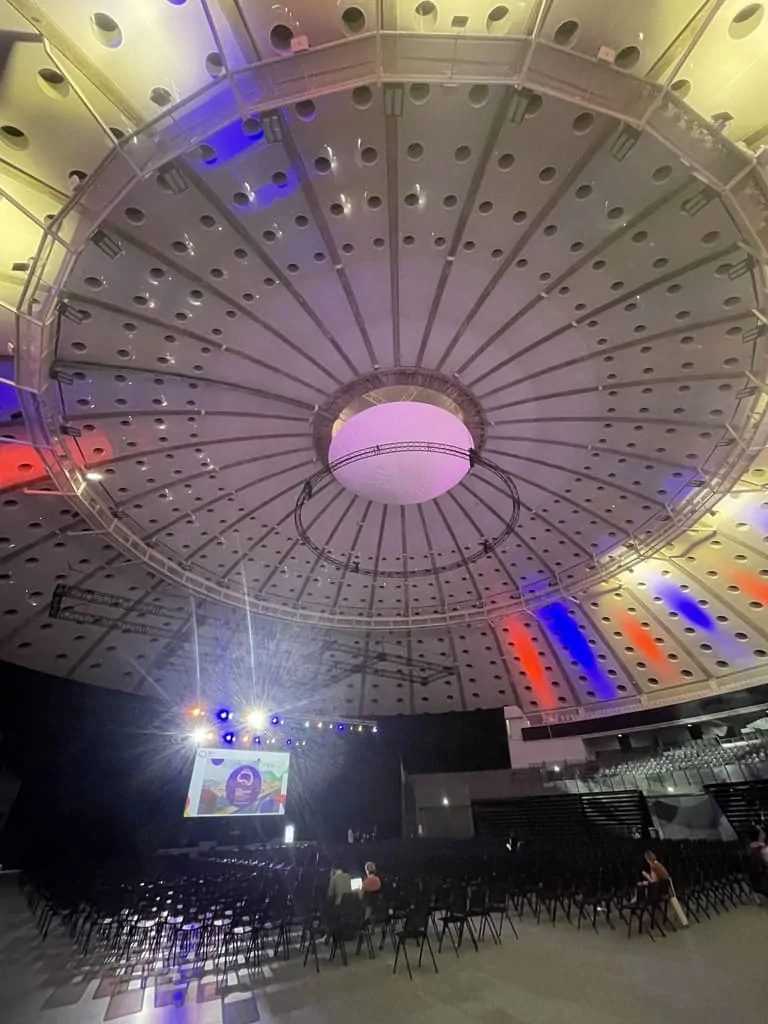
Student Program
There was also a special student program, whose committee was composed of:
- Aishani Desai – PhD/Master’s student in Clinical Neuropsychology at Macquarie University.
- Isabel Manica – Master’s, PhD candidate, at the Portuguese Catholic University.
- Nicole Feast – BA (Hons), Master’s in Psychology (Clinical Neuropsychology), Forrest Fellow and PhD candidate, University of Western Australia.
- Vaia Sideropoulou – Master’s in Neuropsychology, Aristotle University of Thessaloniki.
- Sofía López Vallejo – PhD candidate in Psychology. Member of the PNínsula Research Group (CTS-581) at the University of Granada.
Among the sessions dedicated to students, the Student Award Session stood out, in which four of the five students awarded the Student Awards for the Five Best Abstract Submissions participated:
- Catarina Barros (University of Minho – Portugal): ‘Age-Related Differences in Cognitive Function Prediction: Integrating Emotional and Physical Well-Being through Machine Learning‘.
- Sandra Glazer (University of Cincinnati in Ohio – USA): ‘Mental Health Diagnosis Trends in Adolescents 3 Months After Mild Traumatic Brain Injury and Associations with Gender and Race‘.
- Cole J. Kennedy (University of Victoria – Canada): ‘Meta-Analysis of Meta-Analyses on Non-Invasive Brain Stimulation for Post-Stroke Depression‘.
- Silvia Oliver Mass (Hospital Clínico San Carlos – Spain): ‘Transcranial direct current stimulation for post-COVID fatigue: comparison of two therapeutic targets combined with cognitive training‘.
- Alba Roca Ventura (University of Barcelona – Spain): ‘Exploring Longitudinal Lifestyle Trajectory Patterns and Their Impact on Health Outcomes: Insights from the Barcelona Brain Health Initiative‘.
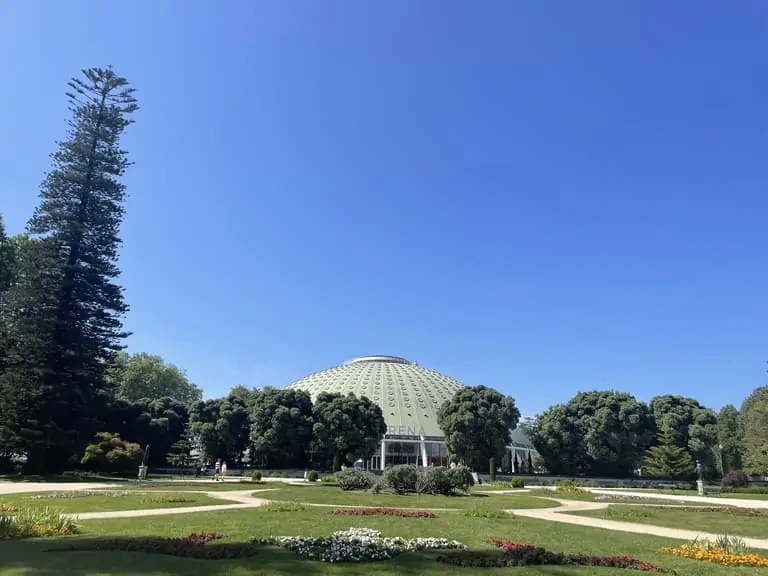
Networking
The Global Neuropsychology Congress enabled and facilitated networking thanks to the GNC 2024 app, with which participants could interact with each other and consult information about the congress.
However, what made this exchange between participants most feasible, and undoubtedly the most effective, were the coffee breaks, during which participants could be inside the Super Bock Arena or in the gardens of the Crystal Palace.
Acknowledgements
At NeuronUP we want to congratulate and thank the team responsible for organizing this first edition of the Global Neuropsychology Congress for the great success achieved. Our team is looking forward to hearing the details of the next edition!
We also want to send a special thank you to Fernando Barbosa and Artemisa Rocha Dores, from SPNPsy; Andreia Geraldo, PhD student in the PhD Program in Psychology, Neuropsychophysiology Laboratory of FPCEUP; and Ariel Cuadro, president of SLAN, for their time and attention to us.
“This article has been translated. Link to the original article in Spanish:”
Global Neuropsychology Congress: el congreso que reunió al mundo en Oporto
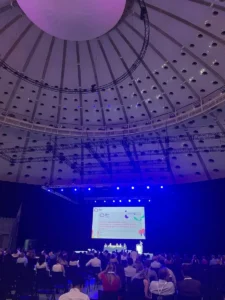
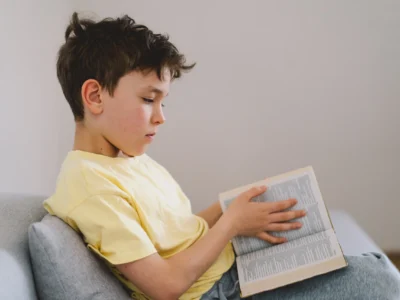
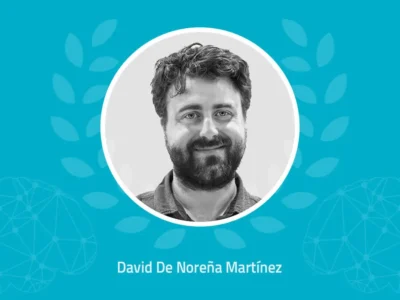
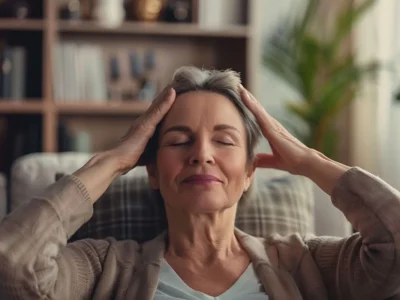
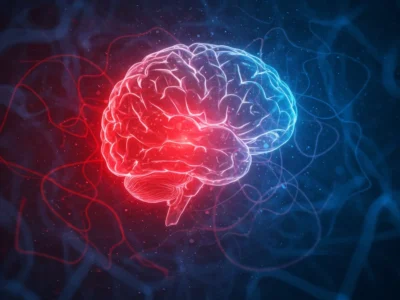

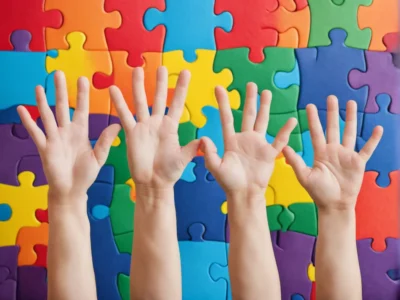
 Neuropsychological Rehabilitation in Mild Cognitive Impairment
Neuropsychological Rehabilitation in Mild Cognitive Impairment
Leave a Reply